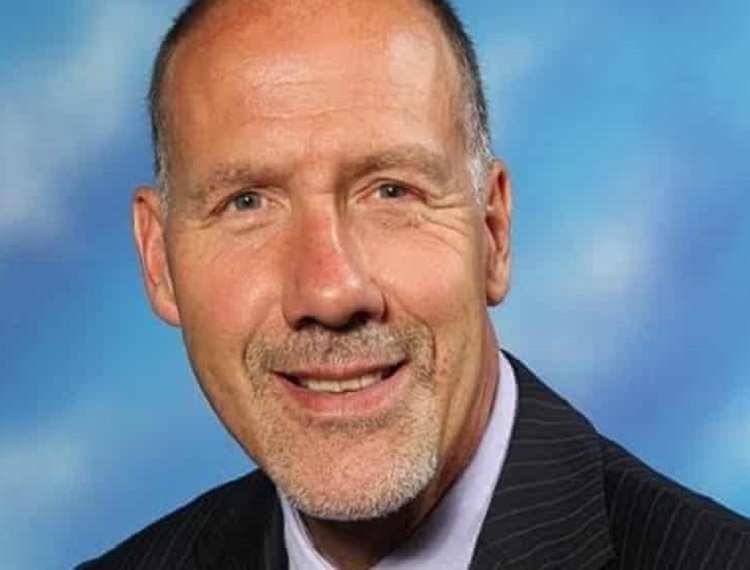ASCL General Secretary calls for a “curriculum for childhood”

Geoff Barton, General Secretary of the Association of School and College Leaders, will today [Saturday 12 March] call for a “curriculum for childhood,” in his speech to the association’s annual conference in Birmingham.
His call echoes ASCL’s Blueprint for a Fairer Education System, published last September, which sets out a vision of a slimmed down national curriculum which would be focused on a relatively small number of carefully sequenced key concepts and would leave time and space for schools to develop their own local curricula.
In his speech to more than 1,000 delegates at Birmingham’s International Convention Centre, Mr Barton will say:
“Sometimes it feels as if the government has lost its definition of what education is for.
“Those special early years, our rich and joyful primary education, a secondary Key Stage 3 that builds confident knowledge – none of this should be a long and tedious runway leading to distant exams.
“We need instead a curriculum for childhood, a sense of what our young people at various ages need to know, need to be able to do, need to have experienced, especially in such uncharted times.
“We need them to be genuinely prepared for a world in which they will increasingly interact with people who may not speak like them, may not look like them, may not have the same faith as them, but in which diversity and equality are the non-negotiable and liberating essentials of our age.
“We need those young people to understand our past – the stories of who we are and of who we have become, of why our past matters in shaping our future.”
ASCL’s Blueprint for a Fairer Education System says the current national curriculum is crowded, with equal weight given to aspects of learning which are crucial to success, and those which are more peripheral.
This – together with the impact of assessment and accountability requirements on schools – can lead to an overfocus on “curriculum coverage” to the detriment of deep learning.
And it adds that the current curriculum lacks coherence between early years, primary and secondary, which limits progress pupils make, and can lead to a lack of engagement.











Responses